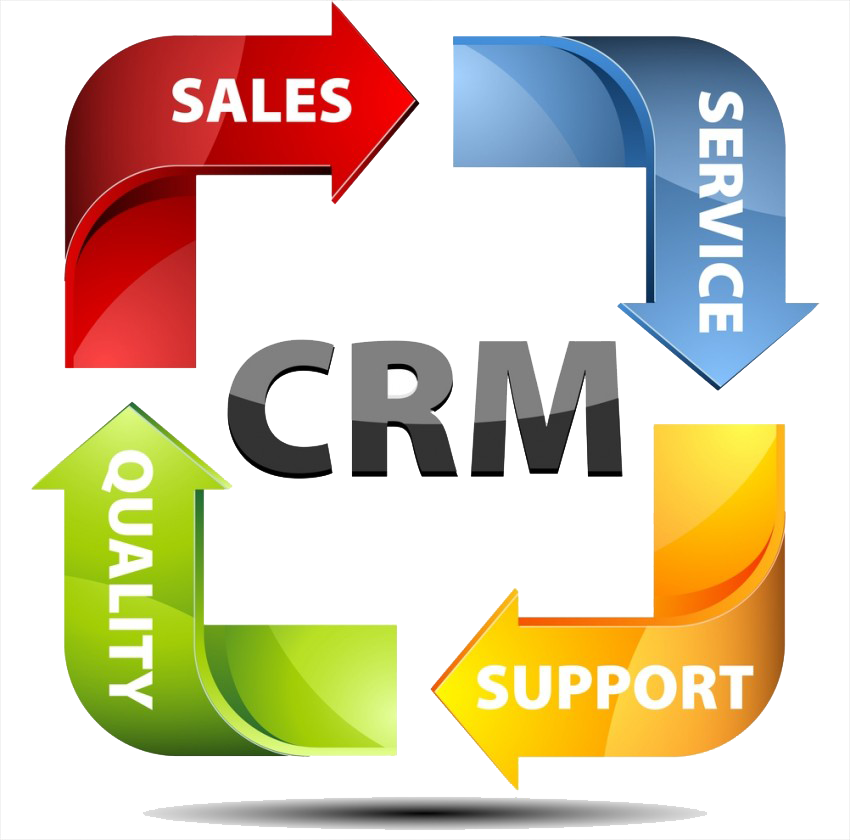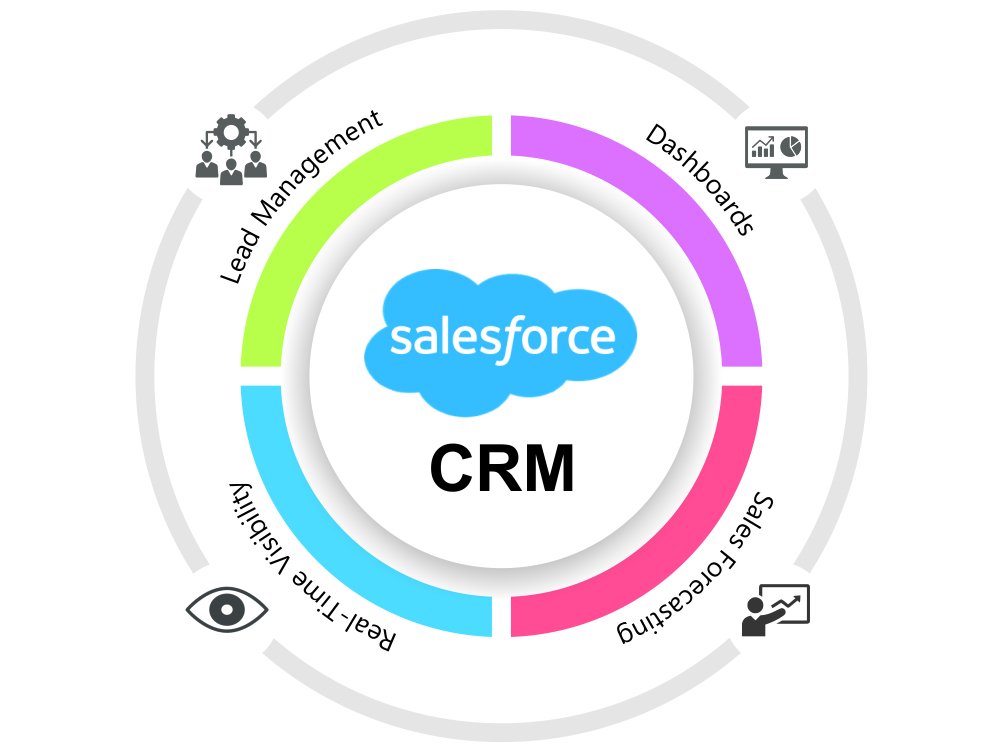Salesforce CRM consulting services empower businesses to optimize their customer relationship management (CRM) strategies, unlocking a wealth of benefits that drive growth and success. Statistics reveal that companies leveraging Salesforce CRM consulting services experience significant improvements in customer satisfaction, sales productivity, and operational efficiency.
Without proper CRM implementation, businesses face challenges such as fragmented customer data, inefficient sales processes, and poor customer engagement. Salesforce CRM consulting services address these challenges by providing tailored solutions that streamline operations, enhance data management, and foster stronger customer relationships.
Choosing the Right Salesforce CRM Consulting Partner

Selecting the ideal Salesforce CRM consulting partner is crucial for successful implementation and optimization. Consider the following factors:
- Industry Expertise:Choose a partner with deep knowledge and experience in your specific industry.
- Technical Proficiency:Ensure the partner possesses technical expertise in Salesforce configuration, customization, and integration.
- Communication and Collaboration:Look for a partner with excellent communication skills and a collaborative approach.
- Proven Track Record:Request case studies or references to assess the partner’s success with similar projects.
- Cost and Value:Consider the partner’s fees and ensure they align with your budget and provide a clear return on investment.
Case Studies, Salesforce crm consulting services
Here are testimonials from satisfied clients who have partnered with us:
“We saw a significant improvement in our sales performance after implementing Salesforce with the help of [consulting partner’s name]. Their expertise and guidance were invaluable.”
CEO, Fortune 500 Company
“The Salesforce CRM solution implemented by [consulting partner’s name] has streamlined our operations and enhanced our customer relationships.”
Marketing Director, Healthcare Organization
Implementation and Integration
Implementing a Salesforce CRM system involves several key steps:
- Planning:Define project scope, goals, and timelines.
- Data Migration:Import data from existing systems into Salesforce.
- Configuration:Customize Salesforce to meet specific business needs.
- Training:Educate users on how to use the system effectively.
- Go-Live:Launch the system and monitor its performance.
- Optimization:Continuously improve the system based on usage data and feedback.
Challenges and Best Practices for Integration
Integrating Salesforce with existing systems can be challenging. Best practices include:
- Use native integrations:Salesforce offers pre-built integrations with many popular applications.
- Use third-party tools:There are many third-party tools available to facilitate integration.
- Plan for data synchronization:Ensure data is synchronized between Salesforce and other systems.
- Test thoroughly:Test integrations thoroughly before going live.
- Monitor performance:Monitor integrations regularly to ensure they are functioning properly.
Timeline for Successful Implementation
The timeline for successful Salesforce CRM implementation depends on the size and complexity of the project. However, a typical timeline might include:
- Planning:2-4 weeks
- Data Migration:2-6 weeks
- Configuration:4-8 weeks
- Training:2-4 weeks
- Go-Live:1-2 weeks
- Optimization:Ongoing
Training and Adoption
Training and adoption are crucial for successful Salesforce CRM implementation. Well-trained users can leverage the system’s full potential, leading to increased productivity, better decision-making, and higher ROI.There are various training methods available, including instructor-led sessions, online courses, and on-the-job training.
Each method has its own advantages, and the best approach depends on the specific needs and learning preferences of the organization.
Encouraging User Adoption
To maximize ROI, it’s essential to encourage user adoption. Here are some tips:
- Involve users in the implementation process to foster ownership.
- Provide ongoing support and resources to ensure users have the knowledge and skills to succeed.
- Recognize and reward users for successful adoption and usage.
- Continuously monitor and evaluate adoption rates to identify areas for improvement.
By investing in training and adoption, organizations can empower their teams to fully utilize Salesforce CRM and achieve their business objectives.
Ongoing Support and Maintenance
After implementing a Salesforce CRM system, ongoing support and maintenance are crucial for ensuring its continued success. It helps organizations keep their systems up-to-date, address any issues that arise, and optimize the system to meet their evolving needs.
Ongoing support and maintenance encompass various aspects, including technical assistance, system upgrades, and optimization.
Technical Assistance
Technical assistance provides support for resolving technical issues and ensuring the system operates smoothly. This may include:
- Troubleshooting and resolving system errors
- Providing guidance on system configuration and customization
- Assisting with data management and security
System Upgrades
Regular system upgrades are essential for incorporating new features, enhancing security, and improving performance. Ongoing support ensures that organizations stay updated with the latest Salesforce releases and minimize any disruptions during upgrades.
Optimization
Optimization services help organizations maximize the value of their Salesforce CRM system by:
- Analyzing system usage and identifying areas for improvement
- Recommending and implementing process enhancements
- Providing training and guidance on best practices
Return on Investment (ROI): Salesforce Crm Consulting Services

Investing in Salesforce CRM consulting services can yield significant returns. Businesses that implement Salesforce effectively often experience improved sales performance, enhanced customer satisfaction, and increased operational efficiency.
Measuring ROI
Measuring the ROI of Salesforce consulting services involves tracking key metrics such as:
- Increased sales revenue
- Reduced sales cycle length
- Improved customer satisfaction
- Reduced operational costs
By comparing these metrics before and after Salesforce implementation, businesses can quantify the financial benefits and justify the investment.
Closure

In conclusion, Salesforce CRM consulting services offer a comprehensive approach to revolutionizing customer relationship management. By partnering with experienced consultants, businesses can unlock the full potential of Salesforce CRM, achieving improved customer satisfaction, increased sales, and enhanced operational efficiency. Embracing these services empowers organizations to stay competitive, adapt to evolving market dynamics, and build lasting customer relationships.